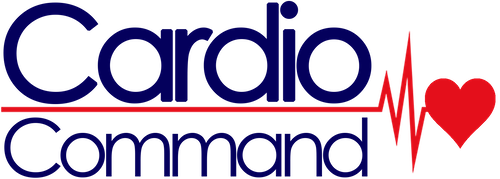Opposite effects of propafenone and flecainide in a patient with reciprocating supraventricular tachycardia.
Montenero AS, Natale A, di Bona G, Calvi V, Santarelli P, Manzoli U. Universita Cattolica del Sacro Cuore, Roma. Cardiologia 1990 Mar;35(3):253-6 A 46 year-old woman with Wolff-Parkinson-White syndrome (postero-septal accessory pathway), symptomatic for recurrent episodes of nonsustained paroxismal supraventricular tachycardia (PSVT), was empirically treated with propafenone (600 mg/day). After a week of therapy the patient returned to the hospital after an episode of syncope. She referred a significant increase in duration and frequency of "palpitations". Under treatment with propafenone a sustained PSVT could be induced during transesophageal testing. During the electrophysiologic study performed off drugs, only a nonsustained PSVT could be induced. After flecainide infusion (1 mg/kg) anterograde block of the accessory pathway was observed and only few beats (less than 8) of PSVT could be induced. The patient was discharged on flecainide (200 mg/day) and 1 month later a transesophageal testing was repeated showing an anterograde block of the accessory pathway at a pacing cycle length of 500 ms; no arrhythmias were induced. The patient has been asymptomatic on chronic oral therapy with flecainide during a follow-up period of 8 months. This case shows that 2 1c class antiarrhythmic drugs may have opposite effects (proarrhythmic and antiarrhythmic). Failure, or even the proarrhythmic effect of one drug, does not necessarily exclude the efficacy of another drug of the same subclass in preventing recurrence of PSVT.
